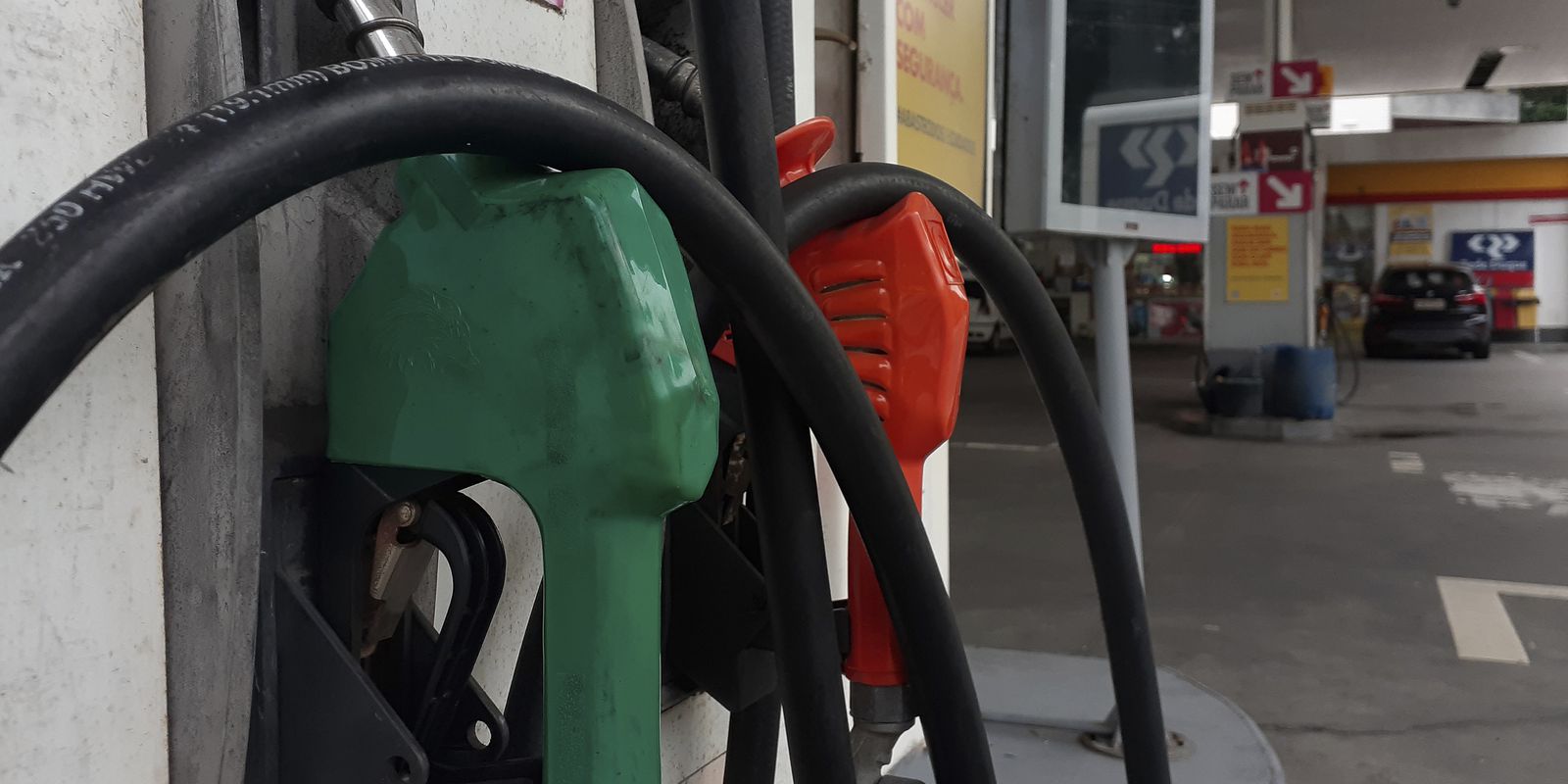Colombians voted for an unprecedented change in their political system.
Close to 70% of the voters showed their discontent with the parties that have governed the country for decades and gave victory to the leftist Gustavo Petro (with 40.3% of the votes) and to the representative of the non-traditional right, Rodolfo Hernandez (28.1%).
They will compete for the presidency of Colombia on June 19.
The election took place in the midst of deep polarization due to social discontent derived from inequality and poverty, as well as demands to reduce insecurity in cities, corruption and violence in rural areas where illegal armed groups dedicated to drug trafficking operate.
At BBC Mundo we spoke with Adolfo Meisel, economist, rector of the Universidad del Norte, former co-director of the Board of Directors of Banco de la República and former researcher at the Center for Regional Economic Studies (CEER).
In what way is the economic stability that Colombia has had at stake with the political turn shown by the result of the first electoral round?
No, the economic stability of the country is not at stake. I think there can still be peace. We are in a normal electoral process, I do not see elements of greater risks if one weights them probabilistically.
But many voices have emerged warning about the economic future of Colombia with the results of the first electoral round, arguing that the country’s economic model is at stake…
I do not agree with that, I think that is not true.
Whoever wins, none will have majorities in Congress. From that perspective, both would have to negotiate with the traditional parties, the same ones they attacked during their campaigns…
Whoever wins, there are four years ahead that will not be easy, but it is part of democracy, it is part of the system of checks and balances.
In the last two years, the Colombian economy has been hit by the pandemic and then by inflation. What is the current situation of the country’s economy?
What has happened to us is no different from what has happened in other parts of the world. Most of these effects are of external origin.
Given this, there is a positive part for the Colombian economy, along with other emerging economies, which is that we are oil exporters and the increase in price favors us.
Remittances from Colombians have increased and the economy in general has been picking up.
Regarding inflation, we have independence from the Central Bank and it can be seen that they are doing what is needed to control inflation.
And on the domestic front, for example, in terms of macroeconomic stability, what issues are a priority to resolve?
Regarding macroeconomic stability, the issue that needs to be addressed with relative urgency -regardless of the next government- is the issue of the fiscal deficit through a tax reform. And there is room for tax reform.
What kind of tax reform?
There are, for example, many tax exemptions that should be eliminated because they are exemptions that mainly favor people with higher incomes. That is an obvious step to take.
And we must increase the efficiency of public spending through targeting and tackle corruption problems.
And about the economic proposals that are on the table by the two candidates, which do you think is more controversial?
What happens is that some of these economic proposals would have to be grounded to see how they are going to be put into practice. One thing is the proposals that are made in the campaign and another thing is what is actually done in the government.
Have you had contact with the business sector? What are the concerns of businessmen regarding the economic future of the country? What about a potential capital outflow?
These issues are always raised, but if you look at the movements of the dollar, there is nothing to think that this is happening in a massive way. On the exchange front there is relative stability at the moment.
We are in a process where, as always, there is uncertainty. Obviously, after a crisis like the pandemic, these were going to be difficult elections, but I don’t think it will be at the levels of other Latin American countries.
I believe that the stability that has characterized Colombia on the macroeconomic front is going to be maintained.
From a more historical perspective, do you think that the stability of recent decades has been an advantage for the country or rather a burden in the sense of the social costs that it has left behind -such as poverty- and the fact that Colombia is the most unequal country in the region?
I believe that stability has been an advantage for the country. In countries that have had great instability, those who suffer the most are the people with the lowest incomes. Of course the adjustments in terms of employment, of who pays the cost of those adjustments, are the most vulnerable sectors.
I don’t see Colombian stability having a negative effect.
And speaking precisely of the cost that lower-income families must pay and from a rather historical perspective, not a conjunctural one, what do you think is the underlying problem of the Colombian economy?
There is an underlying issue that is the poor distribution of income. This is not a recent thing. It is a very long-standing problem, with deep historical roots, but the country has greatly improved its living standards in recent decades.
We are much better now than 50 years ago. But, having said that, when people are better off, that’s when people aspire to change.
When people live at subsistence level and with little education, they accept inequalities almost as fate. But when people have better education, better health, better information, they aspire to more.
That has been reflected in the protests of 2019 and 2021, right?
Yes, and it is that as people improve, they aspire to more. Obviously there is a sector that falls into the cracks and that means a very big change, we have never seen that in Colombia, in the sense of the drop in per capita income that we had during the lockdowns due to the pandemic.
That led to a drop in GDP that was not seen in Colombia even in the Great Depression. This was new, yes it was a hard blow.
Colombia has been considered the most conservative country in the region. How is it now explained that close to 70% of the population cast an anti-system vote, that is, that they voted against the status quo?
It probably has to do with the increase in the size of the State in the last decade. Corruption has risen to levels that generate a rejection of the population. A good part of public opinion is against corruption and I believe that both candidates were right on the subject of change.
How can the proposals of the two candidates influence the economic future of the country?
More than the formal proposals that they make in the campaign, it is necessary to see how they are developed, because there are things that have yet to be defined. Of Hernández, for example, we do not know who will form his economic team. In the case of Petro, his economic team and the people around him are better known.
I would say that among the candidates, Hernandez’s team is the most unknown. I imagine that in the next few days he will announce who would accompany him if he wins the elections.
With all the level of uncertainty that currently exists, how do you see the future of Colombia?
I’m optimistic, I think we have to look on the positive side. In the past, when we were in the midst of the most violent conflict, the options for change were electorally closed due to the guerrilla issue.
The right had a bigger political edge, the establishment had a bigger political edge.
To the extent that we have been overcoming this conflict, that gives a greater margin to those who want to enter the establishment. This is a democratic opening finally.
Remember that you can receive notifications from BBC Mundo. Download the new version of our app and activate it so you don’t miss out on our best content.
BBC WORLD








